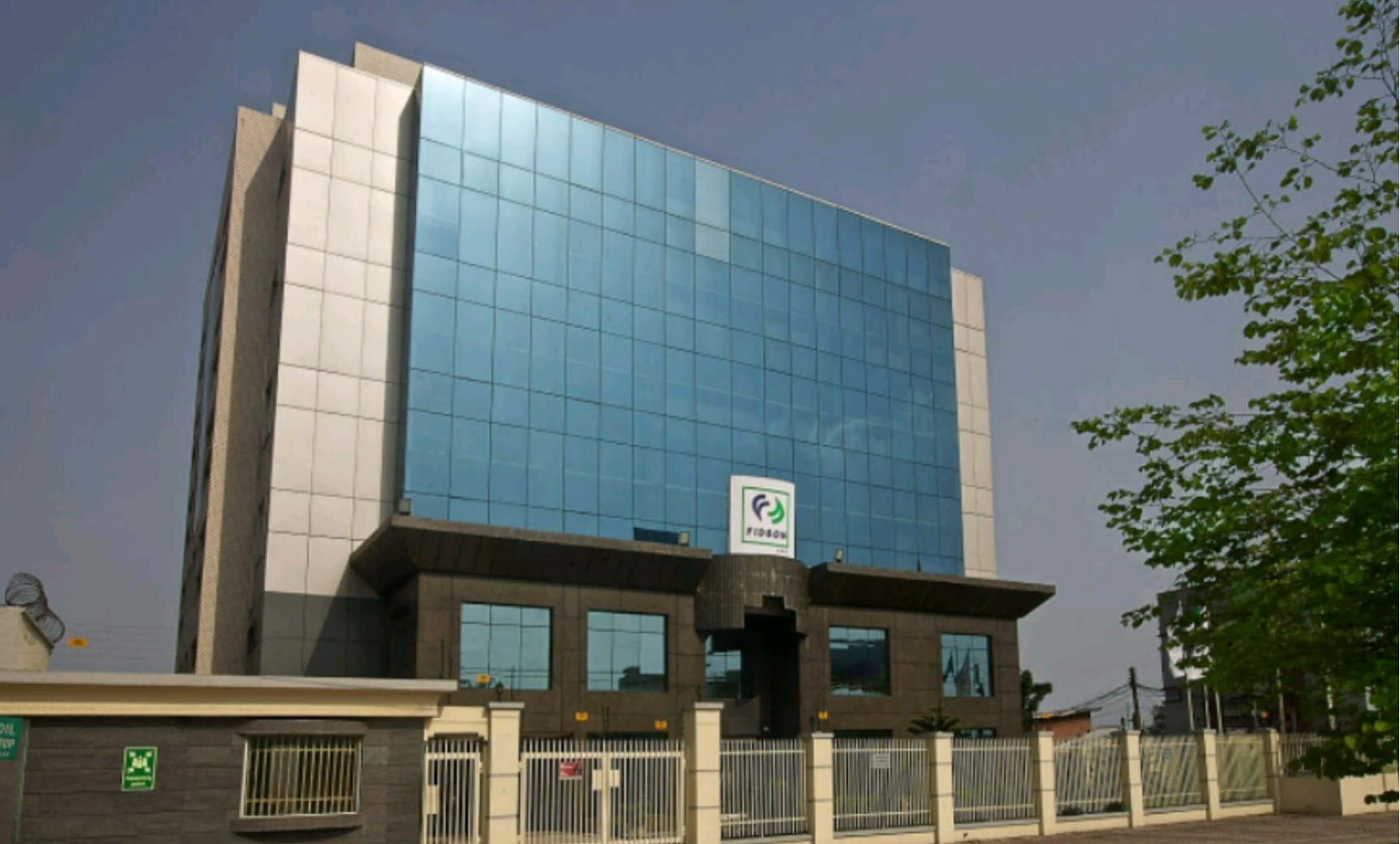Place your adverts here on InfoDig @ low rates; banner ads, sponsored links and guest articles etc. Contact us
– As college breaks ground for secretariat building construction
 Prince Julius Adelusi-Adeluyi, conducting the groundbreaking ceremony alongside other executives of WAPCP, as Sir Ifeanyi Atueyi, and others observe keenly.
Prince Julius Adelusi-Adeluyi, conducting the groundbreaking ceremony alongside other executives of WAPCP, as Sir Ifeanyi Atueyi, and others observe keenly.In a significant step toward advancing pharmaceutical education and practice in West Africa, the West African Postgraduate College of Pharmacists (WAPCP) held a groundbreaking ceremony for the construction of its ultra-modern secretariat building in Lagos, on 20 September 2024.
The WAPCP President, Alhaji Murtada M. Sesay, presided over the ceremony, joined by key stakeholders from the pharmaceutical and healthcare sectors. He highlighted that the state-of-the-art building will house vital facilities such as an e-library, a regional drug information centre, conference halls, meeting rooms, and administrative offices, positioning the college to better serve the region’s healthcare needs.
WAPCP is one of the constituent colleges of the West African Health Organisation (WAHO), an agency of the Economic Community of West African States (ECOWAS), with its headquarters in Lagos, Nigeria.
According to the college president, the building is designed to be a five-storey edifice, with an estimated cost of N3.8 billion and a completion timeline of 24 months, subject to the availability of funds. Alhaji Sesay urged stakeholders in the pharmaceutical industry, as well as those dedicated to the advancement of the health sector across member nations, to support the college financially in order to meet the projected timeline.
“I appeal to you all, as we will soon be approaching you for financial support to ensure the completion of the edifice in record time. Let me reassure you that the college, under my leadership, will consider dedicating parts of the building to major donors,” said Sesay.
Emphasising the importance of the secretariat building to the college’s objectives and the advancement of the health sector across member nations, he noted that timely completion of the project would help the college achieve its goals and contribute to healthcare delivery in West Africa.
“The key objectives of our college are to promote the harmonisation of pharmacy education and practice within the region, foster research in pharmacy, and advance pharmaceutical practice in specialised disciplines. We are at the forefront of promoting the harmonisation of pharmaceutical legislation and the development of national drug policies across the region.
“We also support the integration of traditional health systems in member countries, and we collaborate with other healthcare professionals, scientists, and organisations to maintain high standards of pharmaceutical practice and healthcare delivery. WAPCP is more than just a college; we apply what we teach, scanning the environment to identify issues and propose solutions,” he said.
Speaking at the ceremony, former Minister of Health, Prince Julius Adelusi-Adeluyi, who was the guest of honour, expressed his delight at the groundbreaking for the college secretariat building. He remarked that the college was conceived during his tenure and that he had served as the pioneer secretary of the organisation that later evolved into the college.
He encouraged the current leadership of WAPCP to ensure that the project has positive visibility, making it an initiative that people will want to support. He also emphasised the need for a well-structured programme to ensure the college’s continued relevance.
Pharm. (Sir) Ifeanyi Atueyi, publisher of Pharmanews and a pioneer secretary of the Nigerian Chapter of the college who served for 14 years, described the secretariat building as a legacy for future generations. He called on stakeholders in all member nations to support the project.
The former President of the Pharmaceutical Society of Nigeria (PSN), Sir Anthony Akhimien, who chairs the college’s property committee, highlighted that the groundbreaking signified that the government alone cannot develop the health sector. He added that the college is committed to working alongside the government to advance the sector.
“The secretariat will serve as a hub for reviewing policies on healthcare delivery across the West African region. It will become a focal point for member countries to align with the college’s objectives and ensure standardisation across all nations,” said Akhimien.
He explained that the construction of the secretariat building is vital for the college and its member nations, enabling all faculties within the college to focus and function more effectively.
Akhimien specifically noted that the Faculty of Drug Production and Quality Assurance is responsible for research and the development of the manpower and skills required for pharmaceutical innovation. This faculty is expected to study and develop new molecules, which can then be passed on to the industry for large-scale production. The new building will allow the faculty to function optimally, benefiting all member nations.
Akhimien also pointed out that with nearly 70 per cent of the region’s drugs currently being imported, the college’s secretariat will serve as a research and development hub, working towards drug self-sufficiency – a goal shared by all member governments.

 2 hours ago
31
2 hours ago
31
















 English (US) ·
English (US) ·